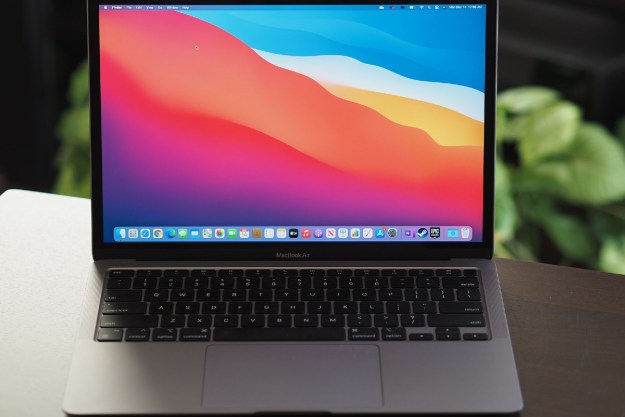
Following the passing of the USA Freedom Act earlier this year, the agency could no longer collect phone metadata in bulk. Now it must dispose of data it had previously collected and stored under the old laws, according to the Office of the Director of National Intelligence.
Data will not be deleted immediately, as the agency was given a six month grace period to phase in a new program. That will come to a head on November 29 when authorities can neither collect new phone metadata nor access old records. Following November 29, the data will be stored for three months and then wiped.
“(S)olely for data integrity purposes to verify the records produced under the new targeted production authorized by the USA FREEDOM Act, NSA will allow technical personnel to continue to have access to the historical metadata for an additional three months,” said the ODNI.
Not all data will be deleted, though, as any information that is currently being used in litigation will be kept while it is necessary. This data will be deleted “as soon as possible”, once legal proceedings have finished.
The new laws won’t necessarily bring an end to mass surveillance but will remove the NSA’s ability to consult historical data in investigations.
The collection of phone metadata from millions of Americans drew the most controversy following the Edward Snowden leaks in 2013. The practice was found to be illegal earlier in 2015 by a federal court.


